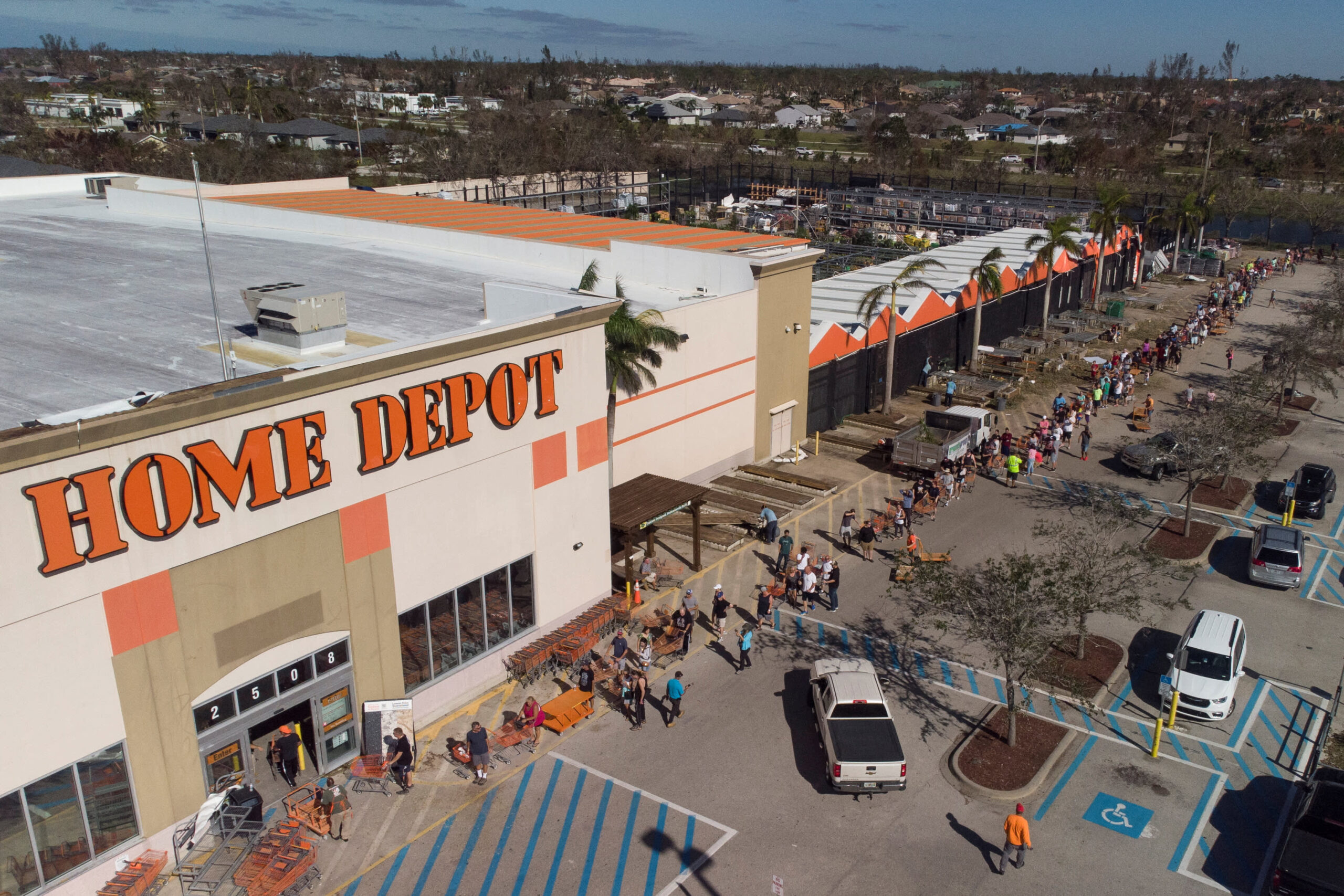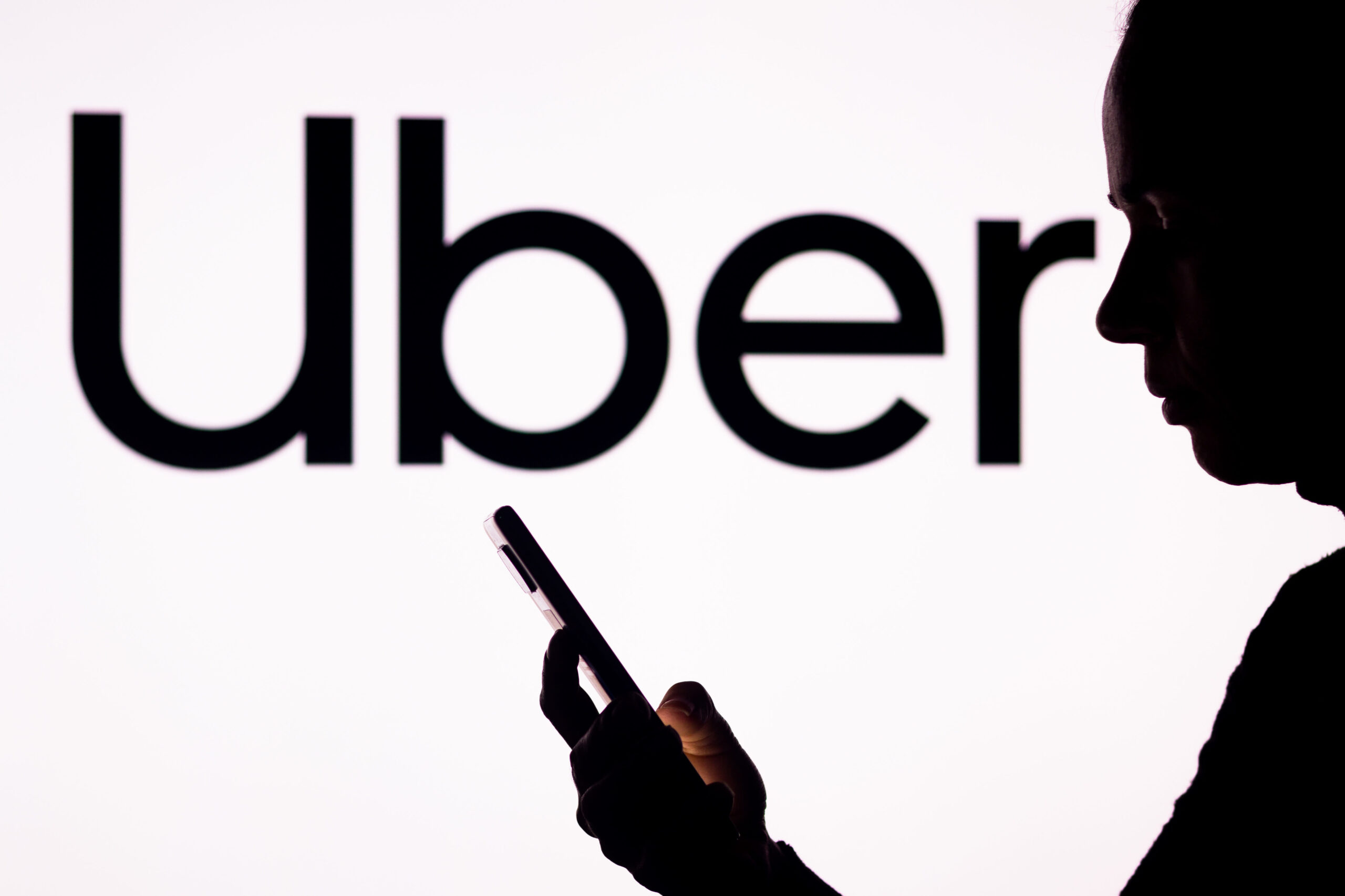Wall Street analysts are focusing on companies that are well-positioned to navigate the ongoing economic turmoil and emerge stronger.
Here are five stocks chosen by Wall Street’s top pros, according to TipRanks, a platform that ranks analysts based on their past performance.
CrowdStrike
Rapid digitization has helped enterprises enhance their productivity. However, it has also made them more vulnerable to cyberattacks. This scenario is driving more demand for cybersecurity companies, including CrowdStrike (CRWD).
Following a recent virtual investor briefing with CrowdStrike’s management, Mizuho analyst Gregg Moskowitz reaffirmed a buy rating on the stock with a price target of $175 and said that CRWD remains a top pick.
The analyst noted that management expects solid growth opportunities for endpoint security and emerging use cases, fueled by Falcon, CrowdStrike’s “truly extensible cloud platform.” The company continues to see a potential total addressable market of $158 billion by 2026, a huge increase compared to $25 billion at the time of its initial public offering in 2019.
The analyst highlighted management’s claim that enterprise customers choose CrowdStrike over Microsoft 80% of the time for several reasons, including its next-generation platform that leverages artificial intelligence compared with the rival’s signature-based approach.
“Despite a more challenging macro backdrop, we continue to believe CRWD’s cloud platform remains highly differentiated, its GTM [go-to-market] is unrivaled, the co. is demonstrating clear success extending beyond traditional endpoint security markets, and FCF [free cash flow] margins remain ~30%,” said Moskowitz.
Moskowitz holds the 237th position among more than 8,300 analysts followed by TipRanks. His ratings have been profitable 57% of the time, with each rating delivering an average return of 12.6%. (See CrowdStrike Stock Chart on TipRanks)
Costco
Membership-only warehouse chain Costco (COST) is known to be one of the most consistent players in the retail space, thanks to its resilient business model and impressive membership renewal rates that are generally above 90%.
Costco recently reported 0.5% growth in its March sales to $21.71 billion, with its comparable sales declining 1.1% year-over-year. (See Costco Insider Trading Activity on TipRanks)
Baird analyst Peter Benedict noted that core comparable sales (which exclude the impact of changes in gasoline prices and foreign exchange) growth slowed to 2.6% in March from 5% in February due to weaker performance in the U.S. and a slackening in non-food categories. Additionally, weakness in e-commerce persisted.
Benedict acknowledged that Costco is “clearly not immune” to a slowdown in general merchandise sales. The analyst said that downward revisions to fiscal third-quarter estimates appear likely following the March sales update. With COST’s forward valuation slightly below its five-year average, he prefers to “opportunistically accumulate shares on pullbacks.”
Benedict reiterated a buy rating on Costco with a price target of $535, as he thinks that the company is well-positioned to handle uneven consumer spending.
Benedict is ranked No. 84 among the more than 8,300 analysts tracked by TipRanks. His ratings have been profitable 69% of the time, with each rating delivering an average return of 14.2%.
Caesars Entertainment
There is another analyst on this week’s list who was positive about his stock pick following a meeting with the company’s management. Deutsche Bank’s Carlo Santarelli recently hosted investor meetings with casino operator Caesars Entertainment’s (CZR) management.
Santarelli noted that the company’s strategic priorities are focused on bringing down its debt levels, “operational prudence,” and the growth of its digital business. The company reduced its debt by $1.2 billion in 2022. (See Caesars Hedge Fund Trading Activity on TipRanks)
The analyst said that he remains “favorably inclined” toward the company, given its stable operations and positive movement in its digital business.
Santarelli reaffirmed a buy rating on Caesars with a price target of $70. He ranks No. 25 among the more than 8,300 analysts followed on TipRanks. Additionally, 66% of his ratings have been successful, with each generating a return of 21.1%, on average.
Domino’s Pizza
Fast-food restaurant chain Domino’s Pizza (DPZ) reported lower-than-anticipated sales for the fourth quarter of 2022. Its U.S. delivery business faced significant pressure last year. Meanwhile, the carryout business saw strong momentum in the U.S. market.
Based on a survey of over 1,000 Domino’s customers, BTIG analyst Peter Saleh noted that carryout-only guests are very loyal to the brand, with only a few indicating that they purchase from other large pizza chains, independents or aggregators.
While carryout sales have been strong recently, the analyst pointed out that the channel is seeing a considerably lower average check compared to delivery. He said that if Domino’s increases the price of the carryout deal by $1, “reclaiming the historical pricing gap with Mix and Match,” it would translate into same-store sales growth of 300 to 350 basis points.
Saleh also feels that Domino’s could drive customers to the carryout segment by migrating its rewards program to a spend-based model. The analyst discussed certain other potential catalysts for the company, including the possibility of a third-party delivery partnership.
Saleh reiterated a buy rating on Domino’s with a price target of $400. He sees potential for the company, even though other analysts have downgraded it.
The analyst is ranked No. 376 among the more than 8,300 analysts followed by TipRanks. His ratings have been profitable 63% of the time, with each rating delivering an average return of 11.4%. (See Domino’s Blogger Opinions & Sentiment on TipRanks)
Texas Roadhouse
Saleh is also bullish on the casual-dining restaurant chain Texas Roadhouse (TXRH) and reaffirmed a buy rating on TXRH. He increased the price target to $120 from $110 following several investor meetings hosted by his firm with the company’s key executives.
The analyst highlighted management’s commentary about how Texas Roadhouse is gaining market share due to the decision by some diners to scale up from fast casual restaurants, and by other diners to scale down from fine dining. He added that over the past two years, the value gap between fast casual operators and Texas Roadhouse has “narrowed considerably,” as restaurant chains like Chipotle have increased menu prices by more than 20%, while Texas Roadhouse has raised prices by only about 10%.
“We continue to believe that Texas Roadhouse is leveraging its value leadership, especially on the kid’s menu, to take market share, as evidenced by record average weekly sales,” said Saleh. (See Texas Roadhouse Financial Statements on TipRanks)
Despite higher commodity costs, the analyst expects Texas Roadhouse to stick to its strategy of setting lower prices than other restaurants in its category, with its pricing focused on offsetting higher wages only. Overall, Saleh finds TXRH to be one of the “most compelling casual dining concepts,” backed by its consistent industry-leading top line, better unit economics and substantial long-term unit potential.







